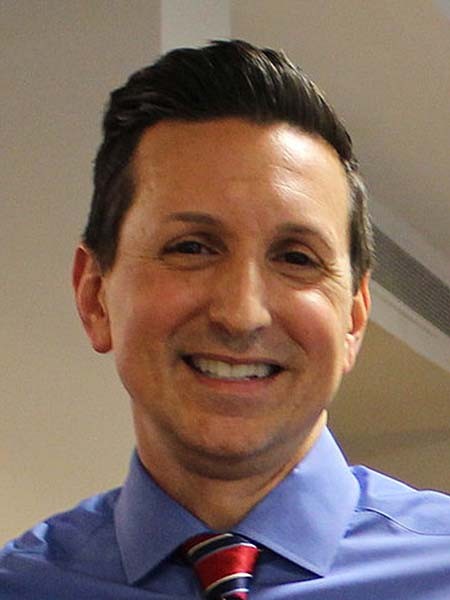Robert A. Rocchio Jr. was awarded 2015 Autism Educator of the Year by the Certificate of Graduate Studies and the Sherlock Center on Disabilities at Rhode Island College. Rocchio has been a clinical social worker in Johnston for more than 17 years, where he has spearheaded the district’s autism-education programs, including a student-run hall monitoring program and the Outside of the Pencil Box support group. He has also served as the nonviolent crisis-intervention instructor for staff in the district and he is an active member of several committees. Rocchio holds a master of social work from Rhode Island College and a B.A. in psychology from the University of Rhode Island, in addition to special education certifications.
Could you tell me more about the social skills camp you coordinated for Johnston Public Schools?
For many of our students, providing support to address their social, communication and behavioral needs doesn’t end in June. In 2011, I developed and coordinated a social skills summer camp program for children diagnosed with autism and others who present social, communication or behavioral challenges. The program incorporated evidence-based practices and supports.
Do you have any advice for educators to help students with autism excel in the classroom?
My advice would be to truly know that not one program or approach fits all, especially when it comes to children who are diagnosed with autism. Knowing how best the child learns and how autism is impacting the child is key to providing proper supports and obtaining academic and social success within the classroom setting. Most children I work with benefit greatly from a well-organized and predictable learning environment.
What are some ways to help students with special needs integrate outside the classroom?
Assessing each student’s social-skill profile, providing direct social-skill instruction in targeted areas and educating others (such as teachers and parents) is key to helping students with autism integrate outside the classroom. Like any other skill, it is my belief that “practice, practice, and more practice” is essential in the mastery of social-skill deficits. •












